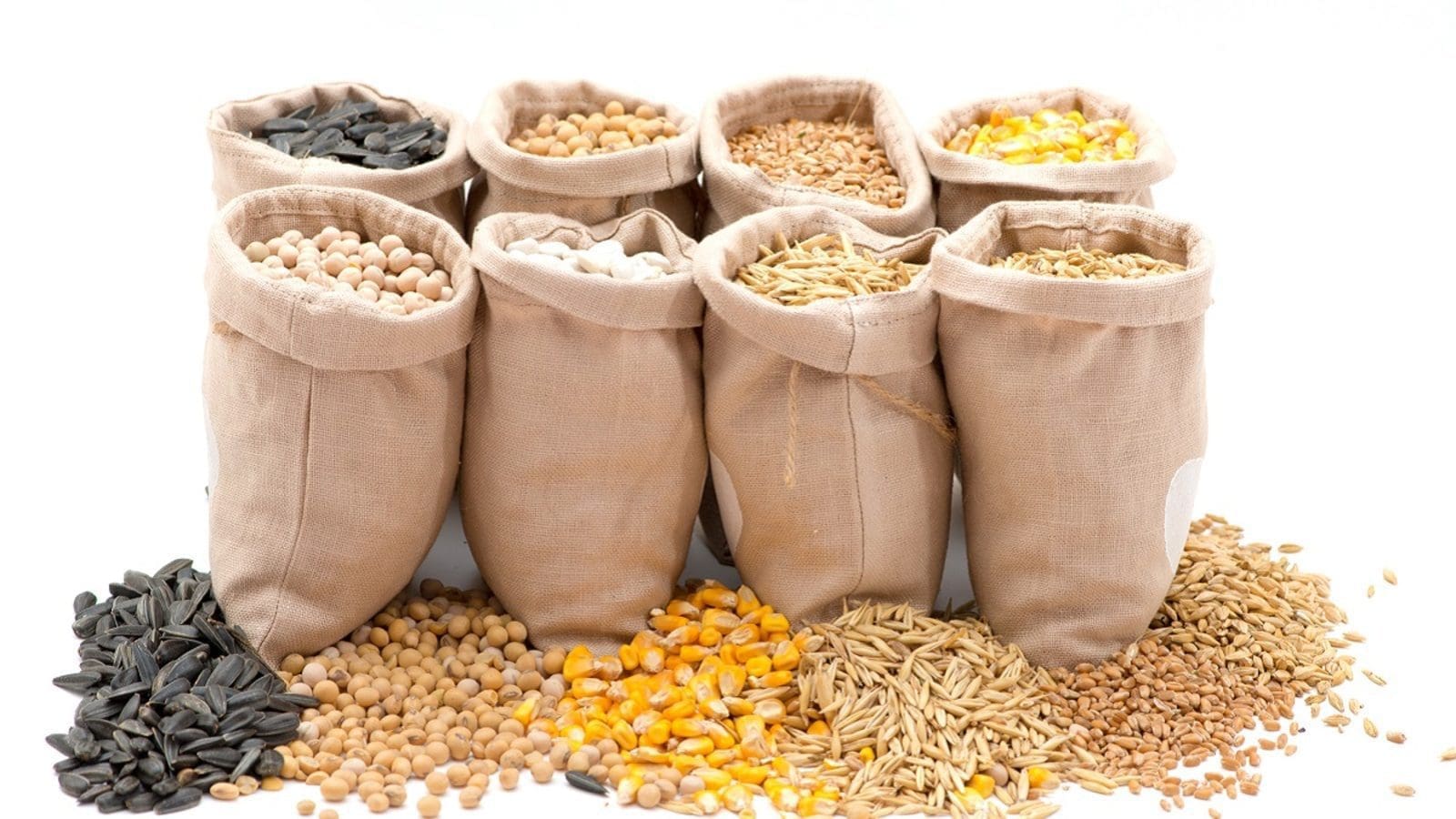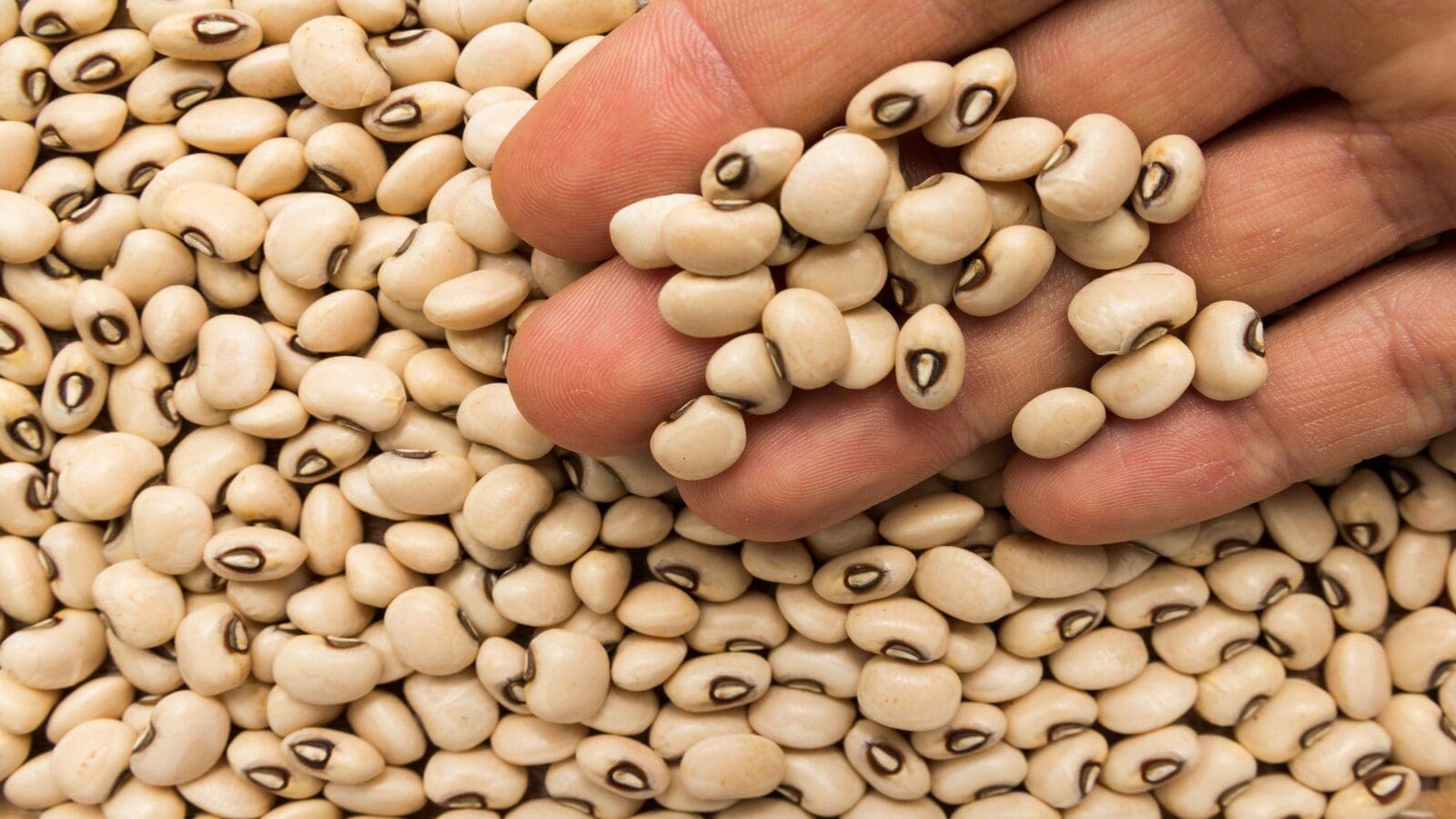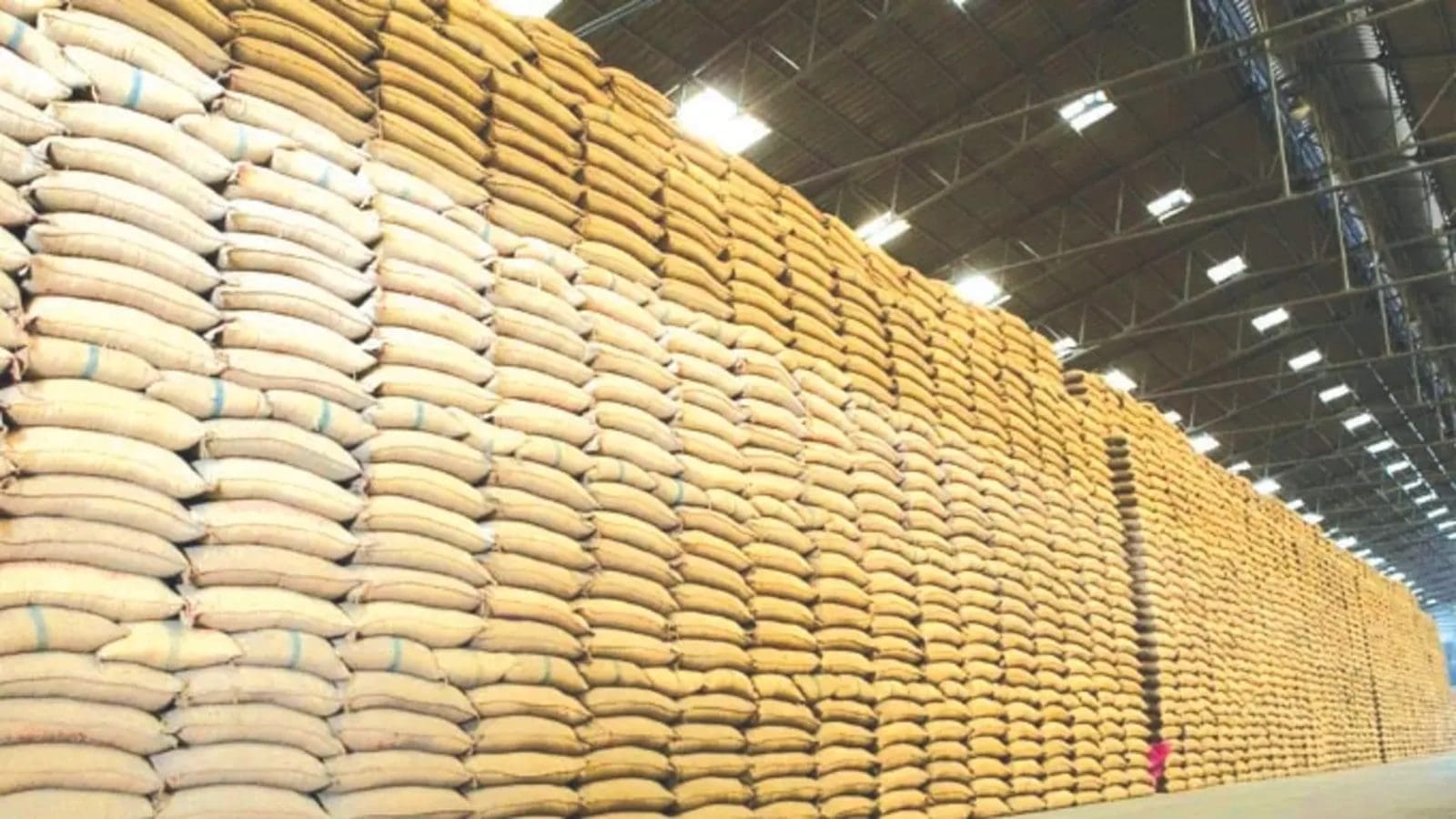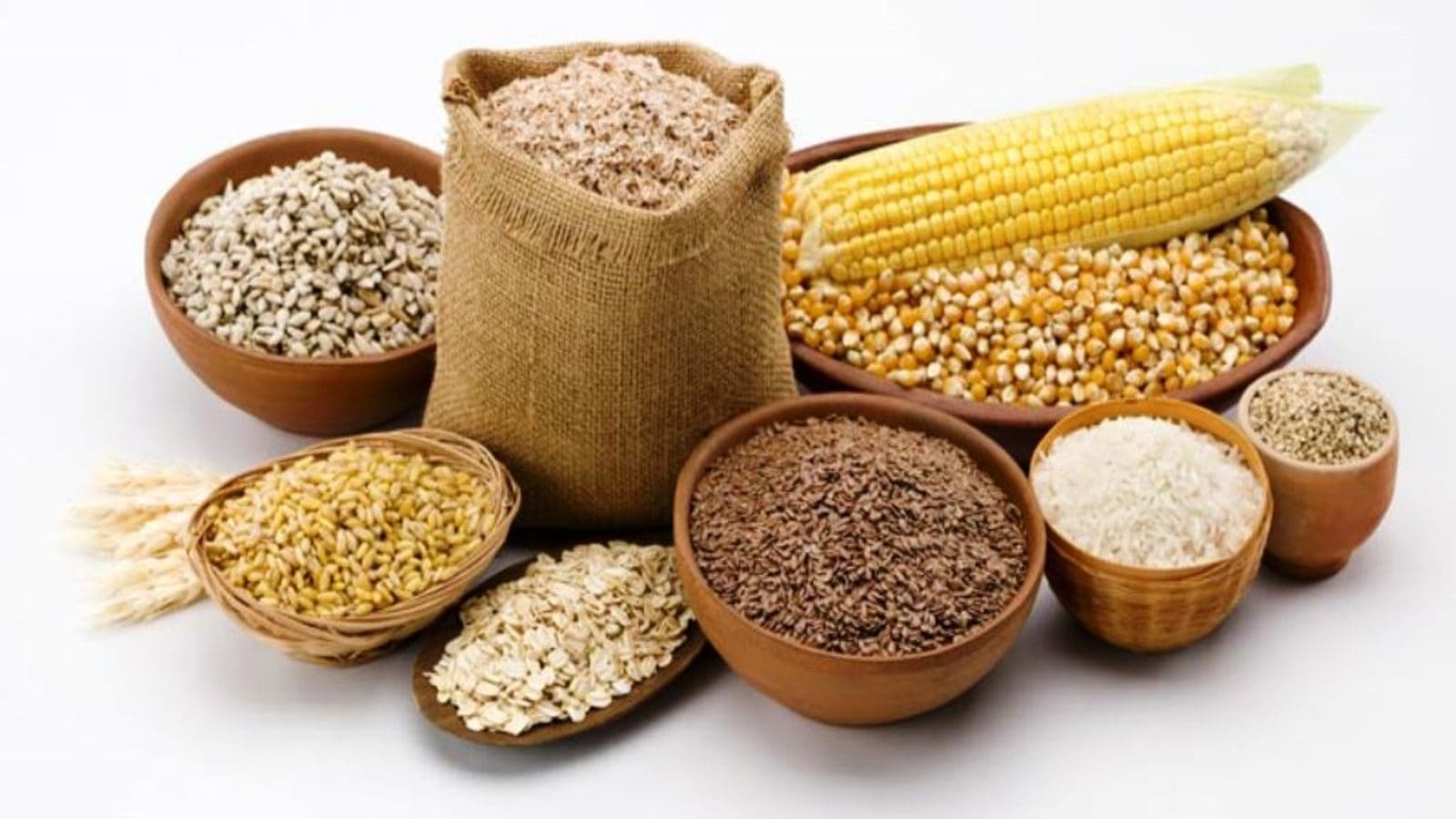MOROCCO – After the worst drought in decades, Morocco now stares at good fortunes as the Ministry of Agriculture announced that cereal production is expected to rise by 62% in 2023, Morocco World News has reported.
The ministry attributed the surge in production to an improvement in weather conditions compared to the agricultural campaign for 2022.
In 2022, the country suffered its worst drought in decades leading to a decline in cereal production by 60% to mark the largest decrease in the North African region.
However, for the 2022/2023 agriculture campaign, the Ministry projects that cereal production is expected to reach approximately 55.1 million quintals, up from 34 34 million quintals in the previous agriculture campaign.
Positively, the ministry has announced that this year, rainfall has registered a significant increase from last year, with a cumulative rainfall level of 207 millimeters, 13% up from last year’s 184 millimeters.
In addition, the level of rainfall is still 36% under the 322 millimeters annual average the country recorded before 2022.
The statement details that soft wheat production is forecasted to make up 29.8 million quintals of the overall volume of cereal production this year, while durum wheat is set to reach 11.8 million quintals, and barley 13.5 million quintals.
Regarding the regional distribution of the harvest, the ministry expects four regions to account for 83% of national production, namely Fez-Meknes with 27.1%, Rabat-Sale-Kenitra with 26.5%, Grand Casablanca-Settat with 16.9%, and Tangier-Tetouan-Al Hoceima 12.4%.
According to the ministry, the favorable conditions relatively better than those that prevailed in 2022 have allowed a good flowering announcing a predictable return to normal production.
Recently, the government of Morocco through ‘The Generation Green Plan 2020-2030’ initiative has been strategizing measures to achieve greater food security for cereal crops by 2030, notably through strengthening the certified seed sector to offer better varieties to farmers.
As a result, the county in partnership with an international collaboration of world-leading scientists recently developed six ground-breaking durum wheat and barley varieties tolerant to increasingly severe droughts ravaging the country.
Therefore, the projection could also be linked with the new climate-smart and enhanced food quality traits integrated with other agricultural innovations.
In addition, the ministry noted that the livestock sector has also improved remarkably from last year, owing to the improvement in weather conditions and the implementation of the Generation Green Plan.
For all the latest grains industry news from Africa, the Middle East and the World, subscribe to our weekly NEWSLETTERS, follow us on LinkedIn and subscribe to our YouTube channel










